Paizo Announce Open RPG Creative License In Reponse To OGL 1.1
January 13, 2023 by brennon
In the wake of the turmoil surrounding Wizards Of The Coast and Hasbro's OGL 1.1 announcement, Paizo has decided to preempt the folks behind Dungeons & Dragons with their own Open RPG Creative License that is supported by a good chunk of well-known tabletop RPG companies.
Open RPG // Paizo
Find The Transcript Of The Announcement Here
For those not in the know, Linda Codega of Gizmodo last week talked through an extensive leak of the new OGL (Open Gaming License) from Wizards Of The Coast. This is the agreement that allows third-party companies to create content using the basic framework of the D&D rules. It was put into place during Dungeons & Dragons 3.5 and has meant that, throughout 4th and 5th Edition, the popularity of D&D has exploded. You just need to look back at Kickstarter's projects from last year to see just how many people have benefited from the OGL.
The new OGL, OGL 1.1 would put an end to that previous relationship between Wizards Of The Coast and the creators that, for many people, have made their game what it is today. The new agreement asks for payments from creators who earn money off their D&D-related products across a variety of different brackets. The more discomforting aspect of the new agreement (as it stands) is that if you sign up, you effectively give Wizards Of The Coast the right to use your work in whatever manner they see fit amongst a multitude of other interesting pitfalls.
It seems pretty overwhelmingly unpopular amongst the tabletop roleplaying game community, both gamers and companies. If you want a very comprehensive breakdown of all of this, it is best to refer to Codega's Gizmodo Article as they have done a sterling job of making it easy to understand where creators stand at this point in time.
Open RPG Creative License
That is where Paizo and a bunch of other companies have stepped in. The Open RPG Creative License (ORC) will...
"...be built system agnostic for independent game publishers under the legal guidance of Azora Law, an intellectual property law firm that represents Paizo and several other game publishers. Multiple leading publishers have already signed on to the effort to create a new and truly open license that allows all games to provide their own unique open rules reference documents that open up their individual game systems to the world."
The idea is to get companies to work together to produce properly open gaming licenses for creators to use. Paizo and the Pathfinder system will be one such option but companies like Chaosium, Green Ronin and Kobold Press have all joined in, proposing new open-use rulesets that creators and play around with. You can find Kobold Press' announcement HERE as an example.
It seems like there is a bit of light at the end of the tunnel for creators and by extension, consumers. Whilst there might be some big announcements from Wizards Of The Coast over the next few days about the direction of their OGL, it seems like other companies have beat them to the punch. Why risk working with them when there is a new offer in town?
Has the bubble burst for D&D?
"Multiple leading publishers have already signed on to the effort to create a new and truly open license..."
Supported by (Turn Off)
Supported by (Turn Off)
Supported by (Turn Off)





























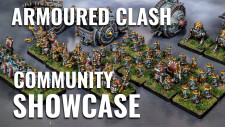


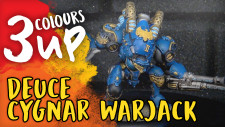

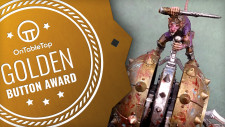






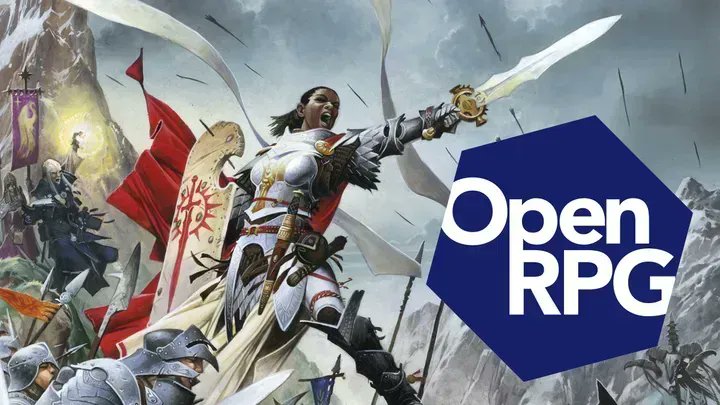


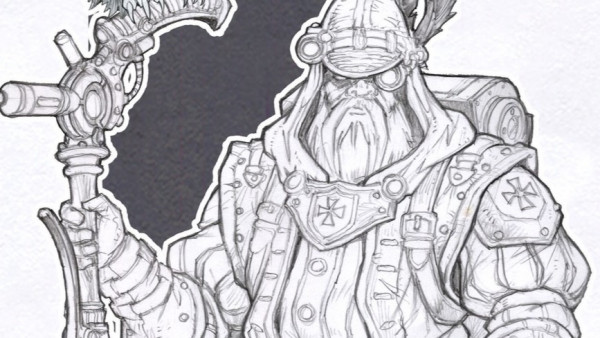
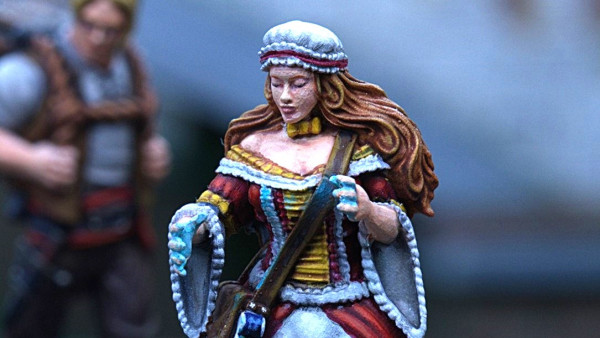

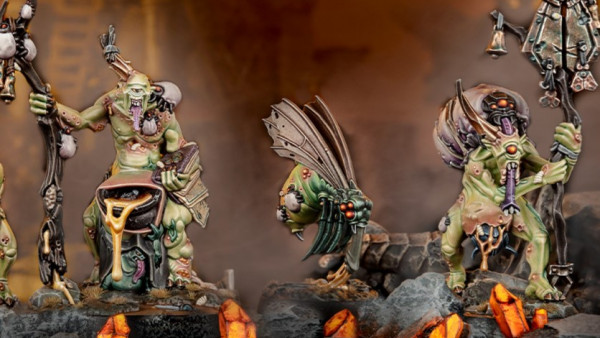

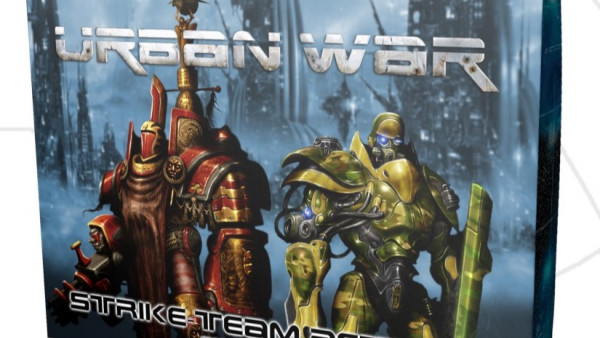
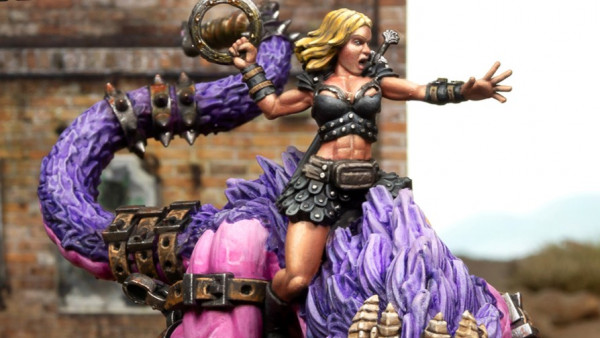
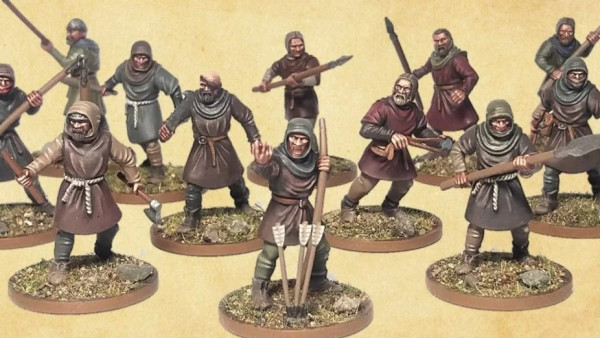


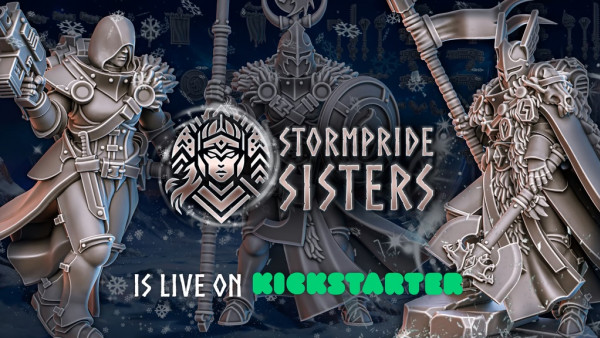

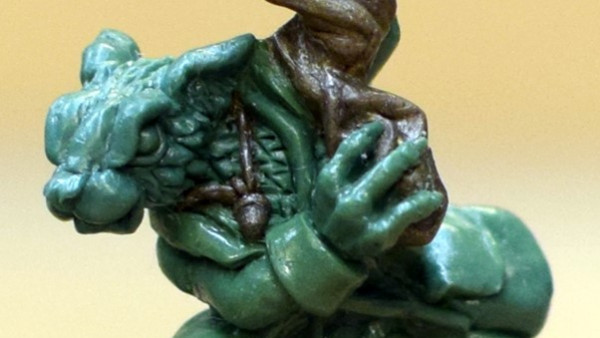




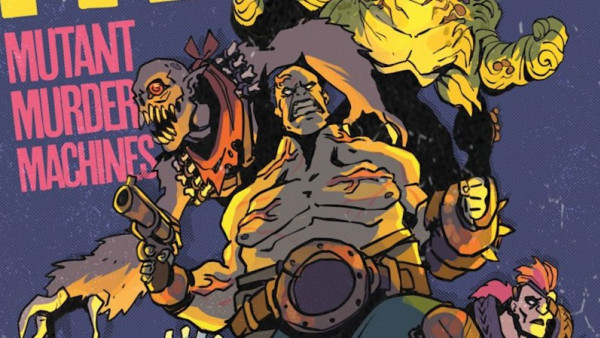
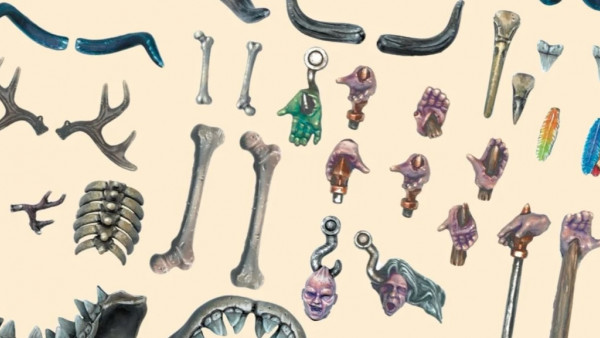

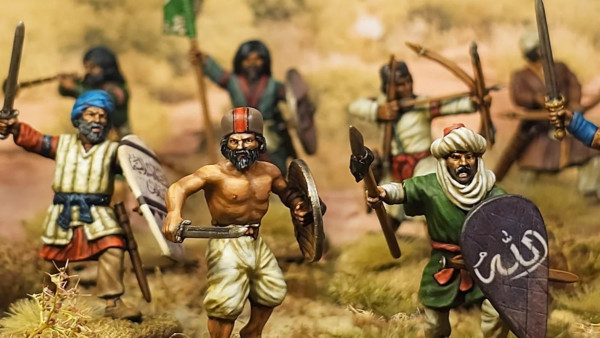


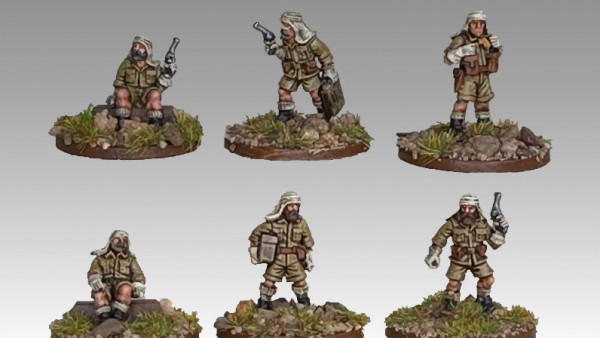

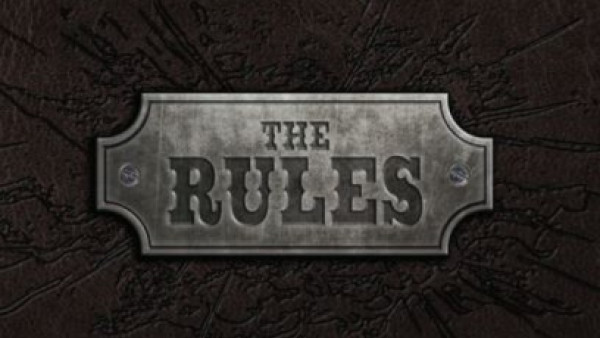
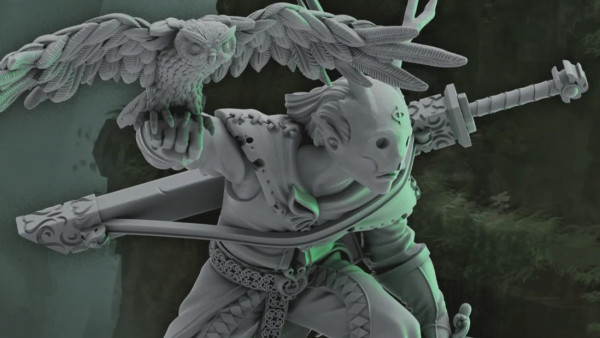
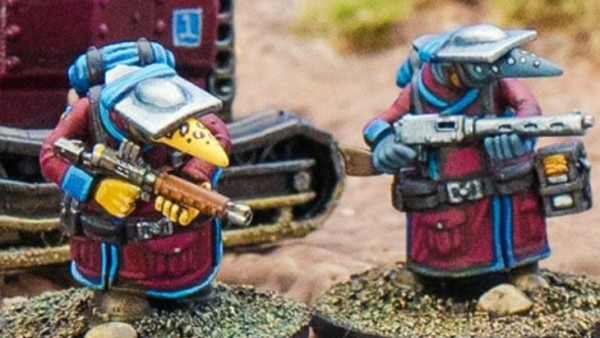
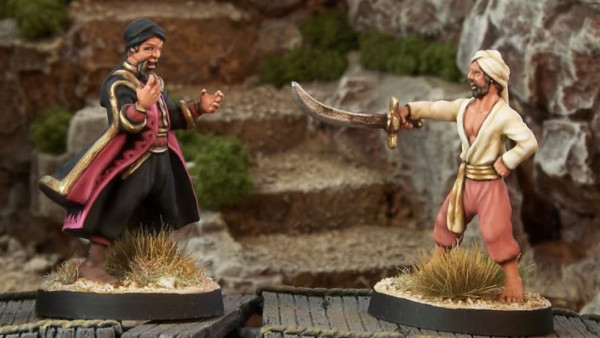
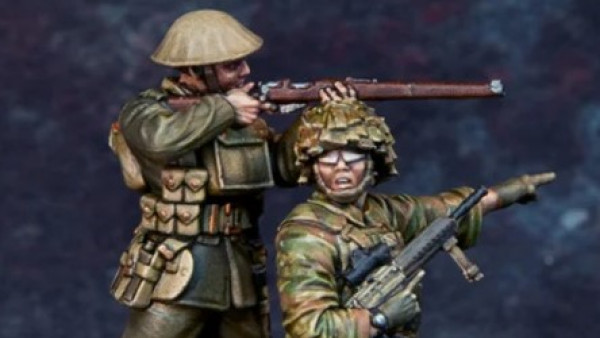


A quick response, and a good one. WOTC have really messed up here.
I wonder how well WotC can walk it backwards now.
I wish the community would have such reactions to gw’s practices. Consumers do have power and it’ll make the hobby better in the long run.
I think the big difference is that with OGL there are other *companies* that are potentially loosing sales and they are up in arms. With GW it’s “just” consumers being screwed.
I believe customers always give the best answer with their wallets. If GW had recorded gigantic losses in sales over the years after their fatal ideas, they would certainly have changed their approach.
I honestly think GW has changed their approach after seeing major losses at least a few times in the past. Remember when Age of Sigmar was first released- without any way to play a balanced pick up game against someone at your LGS? The switch to General’s Handbooks were certainly a combination of seeing losses and reading fan criticism. I think the same is true for the big changes they made in 8th edition- For a while there, X-Wing was outselling 40k in North America. More recently, we’ve seen GW respond very quickly to the criticism of the new Squats… Read more »
Seems to me that WotC don’t like the fact that other companies are getting bigger and making money from D&D, but they are forgetting that they got bigger because of those other companies. And I can see why content creators are angry about this… However… the new D&D OGL will force creators to be more… creative… instead of just making D&D books and adventures they can create their own rule system and make the game they want to make without being hampered by the flaws and constraints of 5e. Admitedly they may find it harder to compete with D&D, but… Read more »
What the OGL did was divorce the “Operating System” from the “Game”, to use computer terms. In the computer world you use an Operating System like Windows or Linux which provides a basic set of functionality. Then third parties, or first parties for that matter, create programs to do specific tasks using that basic functionality. OGL really did that for the TTRPG market. Look at all the D20 compatible games that came out after OGL, you could play Star Wars (First Party), Pathfinder (Third Party), Traveller (Third Party), Call of Cthulhu (Third Party), Modern (First Party), and these are just… Read more »
The problem with what you’re saying is that way back at the turn of the century, WotC invented the OGL on the premise that there were, at the time, too many competing game Systems and that it was strangling the industry. The OGL was issued to try and resolve that issue by creating what was essentially a standardised rules set (i.e. D20 system, somewhat crucially NOT called D&D) which could then be used by anyone wishing to produce RPGs. No longer would developers have to invent a new set of rules which players would then have to learn. Instead, creatives… Read more »
Unfortunately this is a very common phenomenon these days watching companies whose founders were passionate and worked hard on their success, so that several decades later their successors, driven by greed, brought the company to the brink of collapse.
I think passionate creative types can run a business into the ground just as well as a market driven company.
The issue here is how tone-deaf this is to both the fans and the community of creators that are responsible for D&D’s current domination of the market. They’ve raised a goose that lays golden eggs with that community and now they’ve proposed cutting it open.
And now Paizo is offering a nice new home for runaway geese.
This would explain why Modiphius released their 2D20 system as an open licence this week.
An another massive OG to the business.
An a slap in the face for gamers.
Someone throws a match and watch a million wallets burn might be the best visual image here. In this case, unlike GW doing it to the consumer by torching previous editions, “specialist games” and releases of particular models, this is WoTC putting the income for their own creative teams and assorted business attachments (the nongamer parts of the corporate business) to the flame as people turn toward being actively creative homebrew endeavors to be dispersed courtesy of modern technology. We have Paizo at present because of this. What’s going to come next?
> The new agreement asks for payments from creators who earn money off their D&D-related products across a variety of different brackets. The more discomforting aspect of the new agreement (as it stands) is that if you sign up, you effectively give Wizards Of The Coast the right to use your work in whatever manner they see fit amongst a multitude of other interesting pitfalls. Well, if a creator is fine with giving away their content free, this won’t affect them. The Gloomhaven license, iirc, prohibits profit-making, though permission is granted to collect funds for printing. This resulted in a… Read more »
Did Wizards of the Coast forget that the last time they tried to do away with the OGL, Paizo was right there to say “Hi everyone who is disgruntled with WotC- we’ll take you and keep doing that thing you liked.”
Even as Wizards attempts to walk this backwards, I really wonder if many 3rd party creators are going to feel uncomfortable with Wizards of the Coast now that Wizards has suggested that they think they can rescind the OGL at any time with no warning and a clause that says Wizards owns everything you made.
It’s so sad. WoTC only try to extract all the profits from the market and commie gamers turn on their innocent, capitalist attempts in such a manner :C